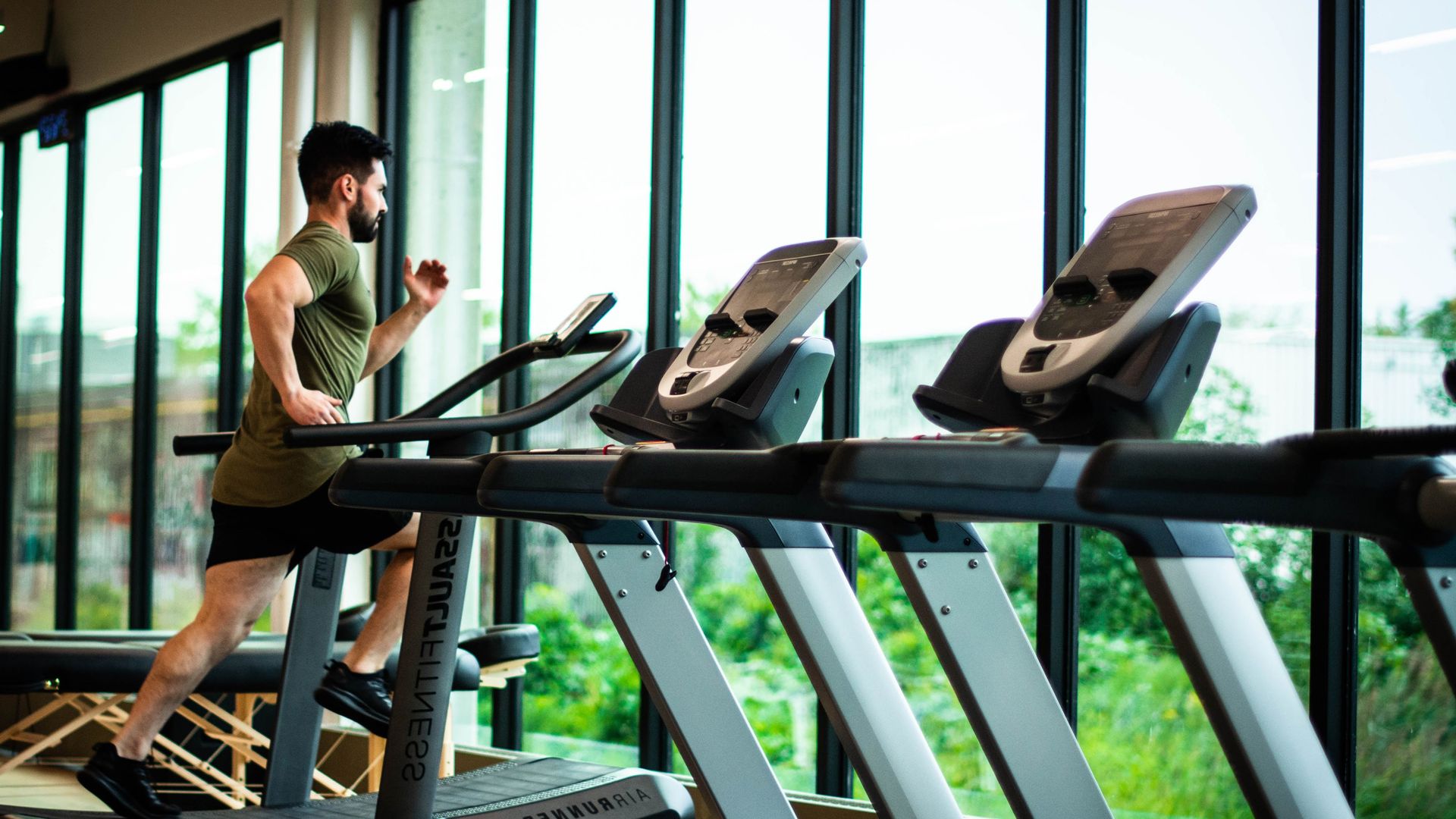Fitness Equipment Testing for Safety and Compliance
Ensure your fitness equipment meets the quality and safety standards of your destination market.
With accredited laboratories and global expertise, QIMA provides testing tailored to the unique requirements of fitness products, from treadmills and elliptical machines to home gym systems and resistance bands. By staying current with evolving regulations such as ASTM, ISO, EU directives, and U.S. standards, we help brands avoid compliance risks and bring safe, high-performing products to market.
On this page, you’ll find:
Benefits of QIMA’s Fitness Equipment Testing
Fitness Equipment Testing Requirements
Fitness Equipment Testing Expertise
Certifications for the Fitness Equipment Industry
QIMA Benefits
Need more information?
By contacting QIMA you agree to our privacy policy and terms and conditions.
Benefits of QIMA’s Fitness Equipment Testing
Our laboratory tests can help you achieve:
Regulatory Compliance: Meet safety and performance standards set by local or international bodies.
Product Safety: Identify potential hazards and reduce the risk of injury.
Performance and Durability: Verify that your equipment performs as intended under repeated use.
Consumer Trust and Brand Reputation: Show commitment to quality and safety.
Market Differentiation: Support product claims and gain a competitive edge.
Legal Risk Reduction: Protect the company in case of accidents or recalls and use testing results as evidence of due diligence.
Fitness Equipment Testing Requirements
Fitness equipment must comply with relevant laws and directives that include requirements relating to product safety, electrical components, and environmental issues. Our accredited laboratories offer the following tests for your fitness products, ensuring that they meet the quality and safety standards of your destination market:
| Electrical safety (LVD) | Heavy metal analysis (lead, cadmium, mercury, nickel) |
| Electromagnetic compatibility (EMC/EMI) | Plasticizers (phthalates) |
| EU Low Voltage Directive compliance | Polycyclic aromatic hydrocarbons (PAH) |
| EU Machinery Directive compliance | Product safety testing (UL/IEC) |
| EU Product Safety Directive compliance | |
| EU Radio Equipment Directive (RED) testing | Toxics in packaging |
| FCC Radio equipment testing for wireless and RF products | |
| Standby Mode of all Cardiovascular (CV) equipment | US DOE ENERGY STAR Testing |
Some of the internationally recognized standards considered during the evaluation of fitness equipment include:
| EN 957 / ISO 20957 – Stationary Training Equipment Standards | ASTM-F2115 – Standard Specification for Motorized Treadmills |
| ASTM-F2276 – Standard Specification for Fitness Equipment | ASTM-F2810 – Standard Specification for Elliptical Trainers |
| ASTM-F1749 – Standard Specification for Fitness Equipment and Fitness Facility Safety Signage and Labels | ASTM-F3105 – Standard Specification for Externally Loaded Strength Training Equipment, Strength Training Benches and External Weight Storage Equipment |
| ASTM-F2571 – Standard Test Methods for Evaluating Design and Performance Characteristics of Fitness Equipment | ASTM-F3022 – Standard Test Method for Evaluating the Universal Design of Fitness Equipment for Inclusive Use by Persons with Functional Limitations and Impairments |
| ASTM-F1250 – Standard Specification for Stationary Upright and Recumbent Exercise Bicycles and Upper and Total Body Ergometers |
Fitness Equipment Testing Expertise
QIMA has extensive global experience in testing a wide variety of exercise equipment. Our fitness equipment tests cover mechanical, electrical, and chemical concerns to give you confidence in product safety, performance, and compliance.
Products include:
| Stair steppers | Combined training equipment |
| Swing steppers | Tension and suspension equipment |
| Elliptical machines | Pilates equipment |
| Cross trainers | In-line skates, roller skates |
| Stationary bikes | Balance balls |
| Treadmills | Fitness bands |
| Home gym systems |
Depending on the product, testing may include:
MECHANICAL TESTS
| Dynamic and static standard tests, tensile force/pressure up to 10 kN | Motor rotation |
| Dynamic and static custom tests, tensile force/pressure up to 20 kN | Noise level measurement |
| Strength tests | Power cord pull test |
| Durability tests | Product function/performance test |
| Verification of performance characteristics | Stability test |
| Internal construction review |
ELECTRICAL AND ELECTRONIC TESTS
| Electrical safety (LVD) | Energy labeling testing |
| Battery testing | RED (Radio Equipment Directive) |
| Electromagnetic compatibility (EMC) | Power consumption and standby mode |
| Eco design | IoT (e.g., Wi-Fi, Bluetooth, cybersecurity) |
CHEMICAL TESTS
| Prohibited azo dyes according to REACH Annex XVII |
| Dispersion dyes |
| Plasticizers (phthalates) |
| RoHS conformity |
Certifications for the Fitness Equipment Industry
QIMA also offers certification for your fitness products, helping you demonstrate superior product quality and safety to your consumers. Below are some of the services you can choose from:
Create an account to book Fitness Equipment Testing Services.
QIMA Benefits
Global coverage in over 100 countries in Asia, Africa, Europe, North and South America.
Flexibility with fully customizable programs and reports to save time and cost.
Risk-based approach with analytical data to help you proactively identify and prevent quality and safety issues in your supply chain.
Fully certified and accredited to all major inspection, audit, and testing schemes.
Custom dashboard to identify trends and make informed decisions in real time.
Personalized service with dedicated account manager and 24-hour customer support.
Ranked #1 in the industry for customer satisfaction based on independent NPS measurement.
